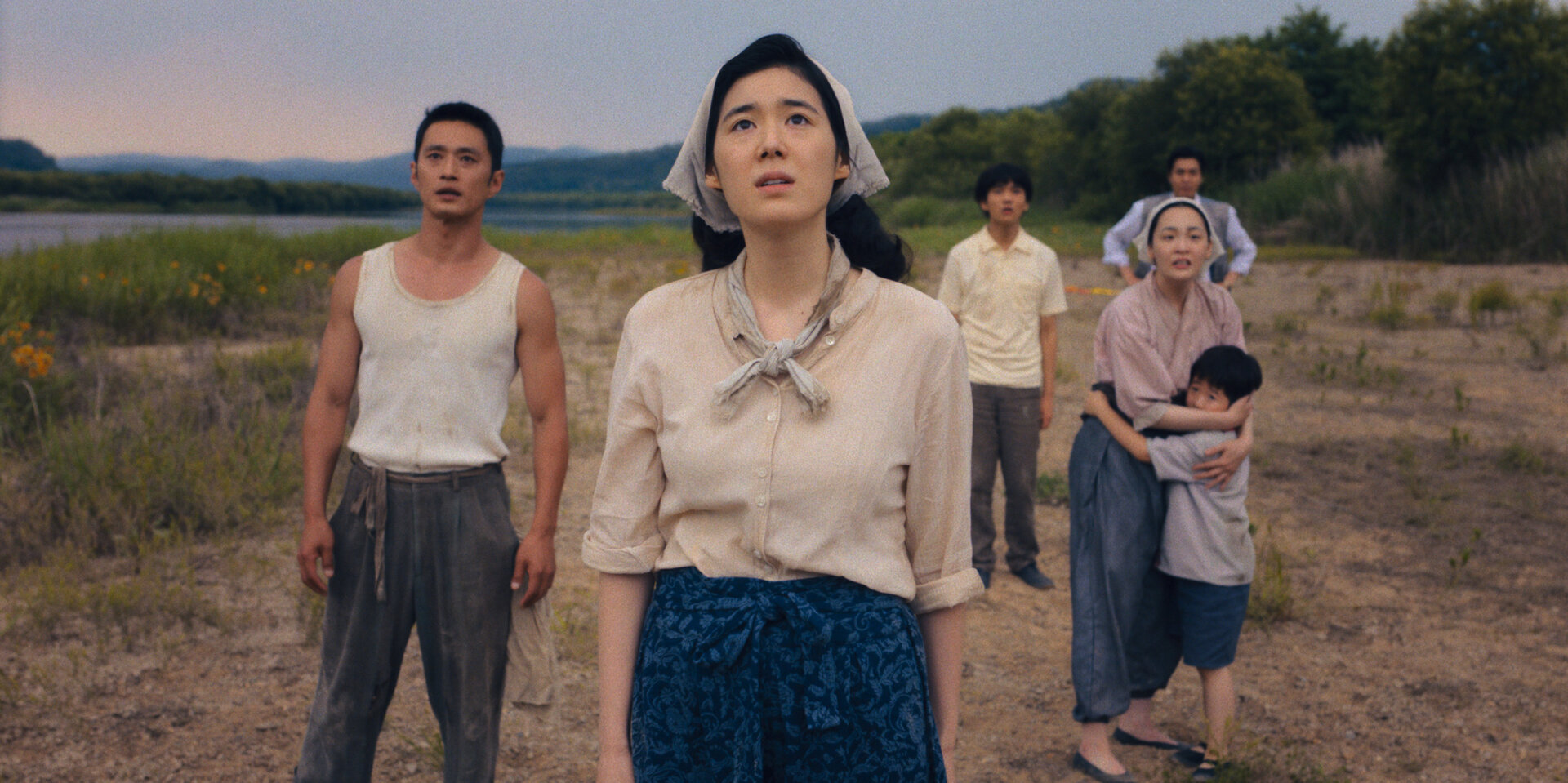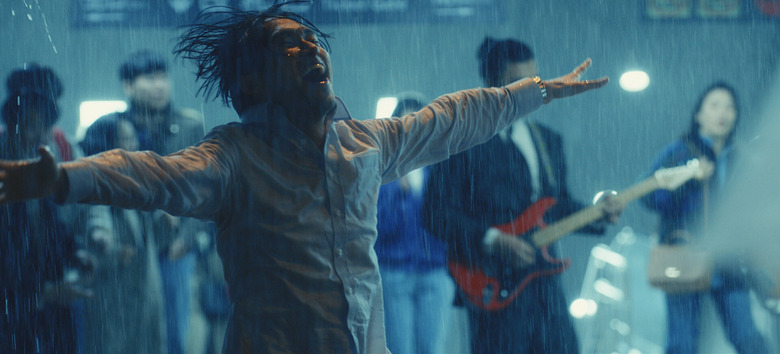One Of The Best Shows On Apple TV+ Returns In August After A Two-Year Break
We may receive a commission on purchases made from links.
It's been a little more than two years now since Apple TV+ released Pachinko, a multi-generational family drama adapted from Min Jin Lee's bestselling 2017 novel of the same name. A slew of top-tier Apple TV shows have subsequently come and gone — but, at least for a viewer like me, almost none of them have reached the same highs as Pachinko, from showrunner Soo Hugh. Just the memory of certain scenes, like Solomon dancing in the rain to a cover of The Cure's In Between Days, still takes my breath away.
Apple TV+, meanwhile, has finally revealed when the show (which still has a near-perfect 97% critics' score on Rotten Tomatoes) will return for its second season. The release is set for Aug. 23, with the premiere of Season 2's debut episode, followed by one episode released each week on Fridays through Oct. 11.
"Based on the New York Times bestselling novel of the same name, Pachinko is a sweeping and deeply moving story of love and survival across four generations," Apple says. The first season of the show, the streamer continues, received 11 international awards including a Peabody Award, an American Film Institute Award, a Critics Choice Award and a Gotham Independent Film Award.

Pachinko immerses you in a story about Kim Sunja, a Korean woman portrayed at different ages and different stages of the narrative by actresses Minha Kim and Yuh-Jung Youn. We follow her and her family through several decades as a way of personalizing the long-ago tension between Korean and Japanese societies. The story, Apple says, "chronicles the hopes and dreams of a Korean immigrant family across four generations as they leave their homeland in an indomitable quest to survive and thrive.
"Starting in South Korea in the early 1900s, the story is told through the eyes of a remarkable matriarch, Sunja, who triumphs against all odds."
The cast includes Anna Sawai, who since the release of Season 1 has gone on to star as Lady Mariko in one of the best and most critically acclaimed shows of 2024, FX's Shogun. In Pachinko, Sawai plays Noami, a Harvard-educated businesswoman who faces workplace discrimination and becomes an ally to Solomon.
With its exploration of themes like love, family, identity, and resilience in the face of hardship, the emotional response I had to watching Pachinko reminded me of the way I felt watching a show like Lost. It's both compelling and thought-provoking in a way that too few shows are these days.
